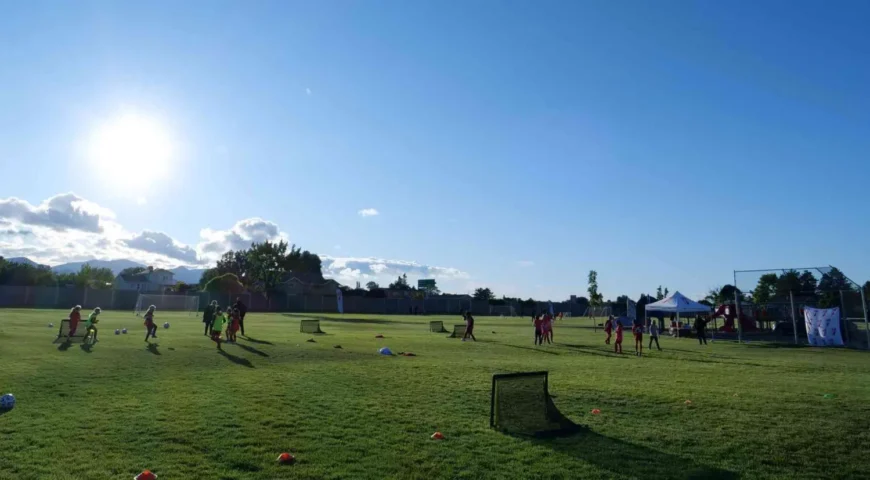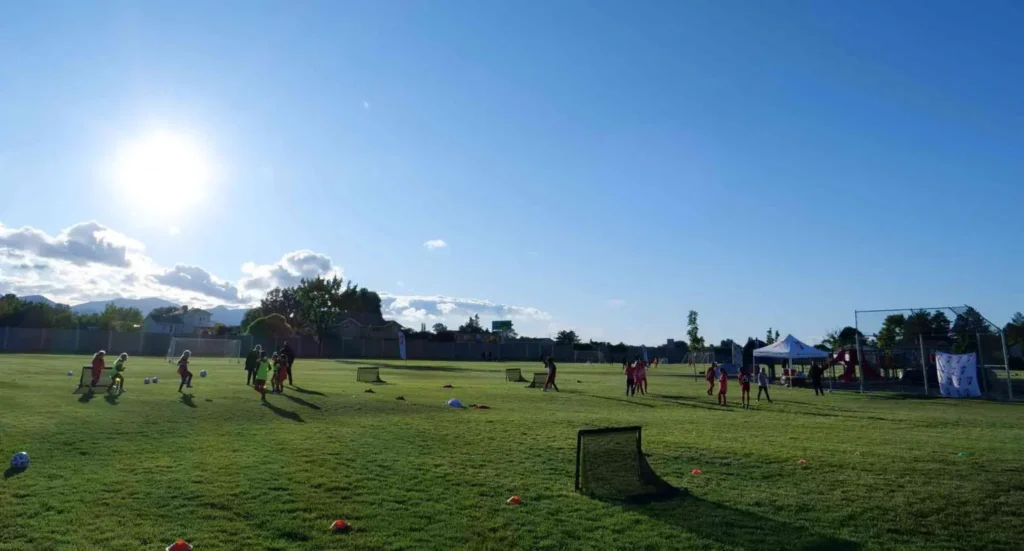
Blog: The importance of mental health
The next time you sit with your friends, or with a group of team-mates, or even football fans, take a look around.
Everyone is happy enough, right? Not necessarily.
On average, 50 per cent of people will experience a mental health problem in any given year. It’s probably more.
On any scale – medical or otherwise – that’s a huge issue.
It’s not a condition that can be prevented with a vaccine or shooed away by a few pills. The entire community has a responsibility.
These are some of the startling statistics:
According to the Institute for the Study of Youth Sports in Michigan, a huge 50% of all mental health issues occur before the age of 14, while only 10% of young people seek help.
Tragically, suicide is the biggest cause of death in men aged 15-44.
Thankfully, sport has woken up to the importance of mental health. People are talking far more these days and during Mental Health Awareness Week in particular, the media is shining a light.

But it takes longer than a single week to tackle the issue. When the leaflets are packed away and the media moves
onto something else, how can we develop a long-term strategy?
Participation in sport is a key driver in improving mental health across the world and in particular, young people.
Over 40% of children worldwide enjoy organized sport, which in itself is offering some important opportunities.
The Institute says participation in sports provides skills that enhance resilience and control adversity. Losing can teach the biggest lessons.
It isn’t an exact science, of course, but sharing information about good mental health doesn’t just stop at the changing rooms. Parents, wider family and friends all have a vital role to play.
It is so important that athletes are able to identify issues for team-mates when they occur and are then able to feel comfortable when helping them.
Physical injuries can, of course, often be seen – but what about a mental health injury? Try to relate physical health to mental health and the importance of seeking help early.
And on the training pitch, players who feel motivated, in control and valued are less likely to experience mental health issues.
For those experiencing mental health problems, nobody has all the answers. Sadly, in some cases, nobody has the answers.
But what if you could look around at your team mates and know you have the tools to help them, if needed? That’s the way we can fight the issue.


